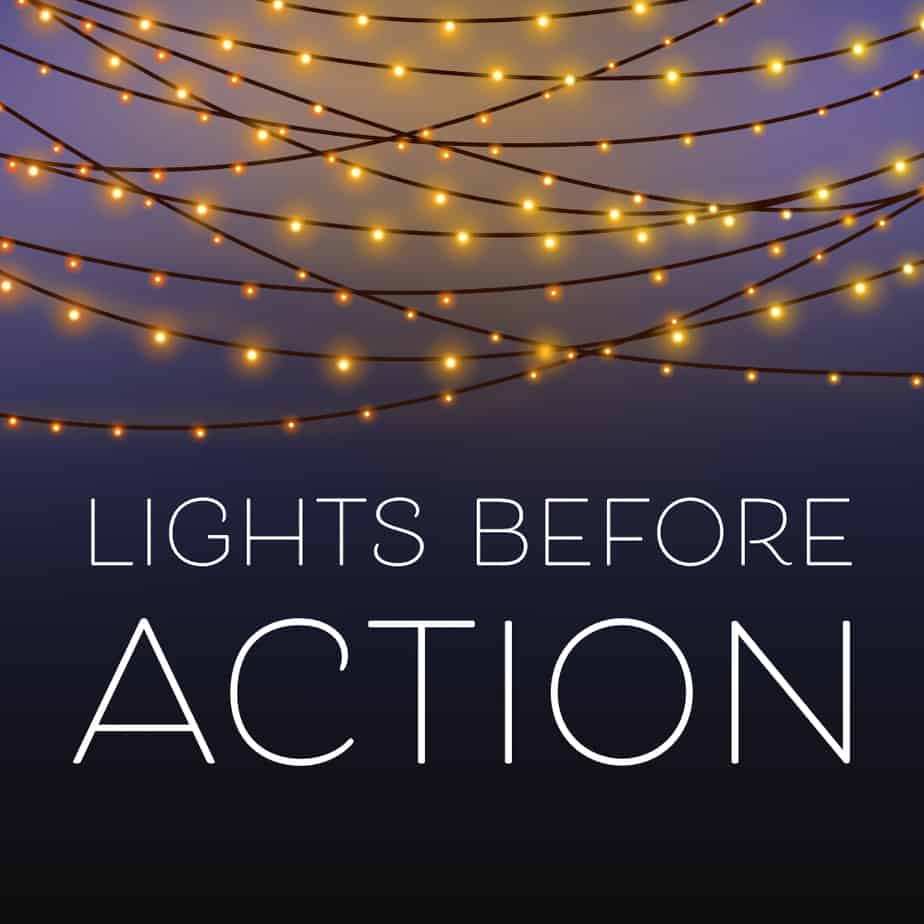Have you ever been told by a teacher, or by someone in your writing group, that your story must open with action, not description? If they’re being fancy about it, they might advise you to begin in medias res.
But certain genres demand the establishment of a norm, e.g. The fish out of water story. (A fish has to be ‘in water’ before the character can be out of it.)
It’s tempting for a short story writer to open the story right in the heart of the action. Crash, bang, guns blazing, lovers screaming. It’s an easy way to hook readers, right? Place them right in the action, and they’ll be forced to keep turning the pages to see what happens next.
So page one has fire. Page one has promise. But what happens when you get to page two?
This is the short story writer’s dilemma, says two-time Pulitzer Prize nominee David Lavender in the August 1942 issue of The Writer. So your main character is in peril. So what? asks the reader.
“The finest fight, the dearest love in all the world means little to the reader” until he or she knows the characters and the motives behind their antics.
David Lavender: The Short Story Writer’s Dilemma
Starting in medias res does not actually mean “Start with an action scene”.
Start by establishing what your character wants. If this happens to occur in the middle of a big action scene, so be it.
What’s really meant by advice to begin a story ‘in medias res’
Definition Of In Medias Res
In medias res is a Latin phrase used by the poet Horace; it means “in the middle of things.”
(Poet Horace was describing the ideal epic poet.)
In Medias Res In Film
There is … a problem in beginning a movie with such major dramatic scenes. It is axiomatic that drama is structured around rising action, that as we move through the real time of the film the tension increases, emotions rise, and the pace often quickens until we reach the climax. If the first scene is intensely dramatic, it sets up the expectation that the film will reach even higher levels, which can be a problem when it doesn’t.
Howard Suber
In Medias Res And The (Modernist) Short Story
The modernist short story, which emerged at the beginning of the 20th century, begins in medias res, replacing “once upon a time” beginnings. Ends were foreshortened to meet middles and also separated from they by silences that frame epiphanies.
MARY ROHRBERGER
An example of a Modernist short story is “The Garden Party” by Katherine Mansfield.
Most often when writers talk about in media res, they’re talking about how to open a story. But many lyrical stories also end in medias res. One of my favourite examples of that is “Coming Soon” by Steven Millhauser.
Readers of lyrical short stories have a typically higher tolerance for stories which don’t end on hermeneutic closure, and can often be content with emotional closure.
Further Examples
Hamlet begins after the death of Hamlet’s father. Characters make reference to King Hamlet’s death without the plot’s first establishment of said fact. Since the play focuses on Hamlet and the revenge itself more so than the motivation, Shakespeare utilizes in medias res to bypass superfluous exposition.
Modern novelists known to extensively employ in medias res in conjunction with flashbacks include William Faulkner and Toni Morrison.
Many people enjoy watching the spectacle of battles and action scenes, so well-known films often start with action. Standout examples include Raging Bull and City of God. Star Wars IV: A New Hope starts in medias res: it opens in the middle of a chase and battle scene.
The guidelines are different when it comes to novels vs short stories. Ansen Dibell writes in Elements of Fiction Writing: Plot,
My strong advice is that if establishing a pre-existing norm isn’t absolutely vital, skip it. Leave it out altogether, if you possibly can. Instead, start in médias res. In general practice, that means starting your actual narrative just before, or even during, the first major conflict or confrontation: the point at which things start to get serious, when they start moving toward final crisis.
Specifically, that means starting a short story just before the main crisis which will provide the story’s resolution. Start a novel during the first crisis, because you’ll have time to draw back and explain how things got that way later in the first chapter, or even in chapter two.
Don’t tell how the protagonist decided to go out and buy fireworks, how much they cost, how he brought them home, how he stored them, what his wife said. Begin when the fuse is lit and the reader sees a bang coming any minute.
Anson Dibell

